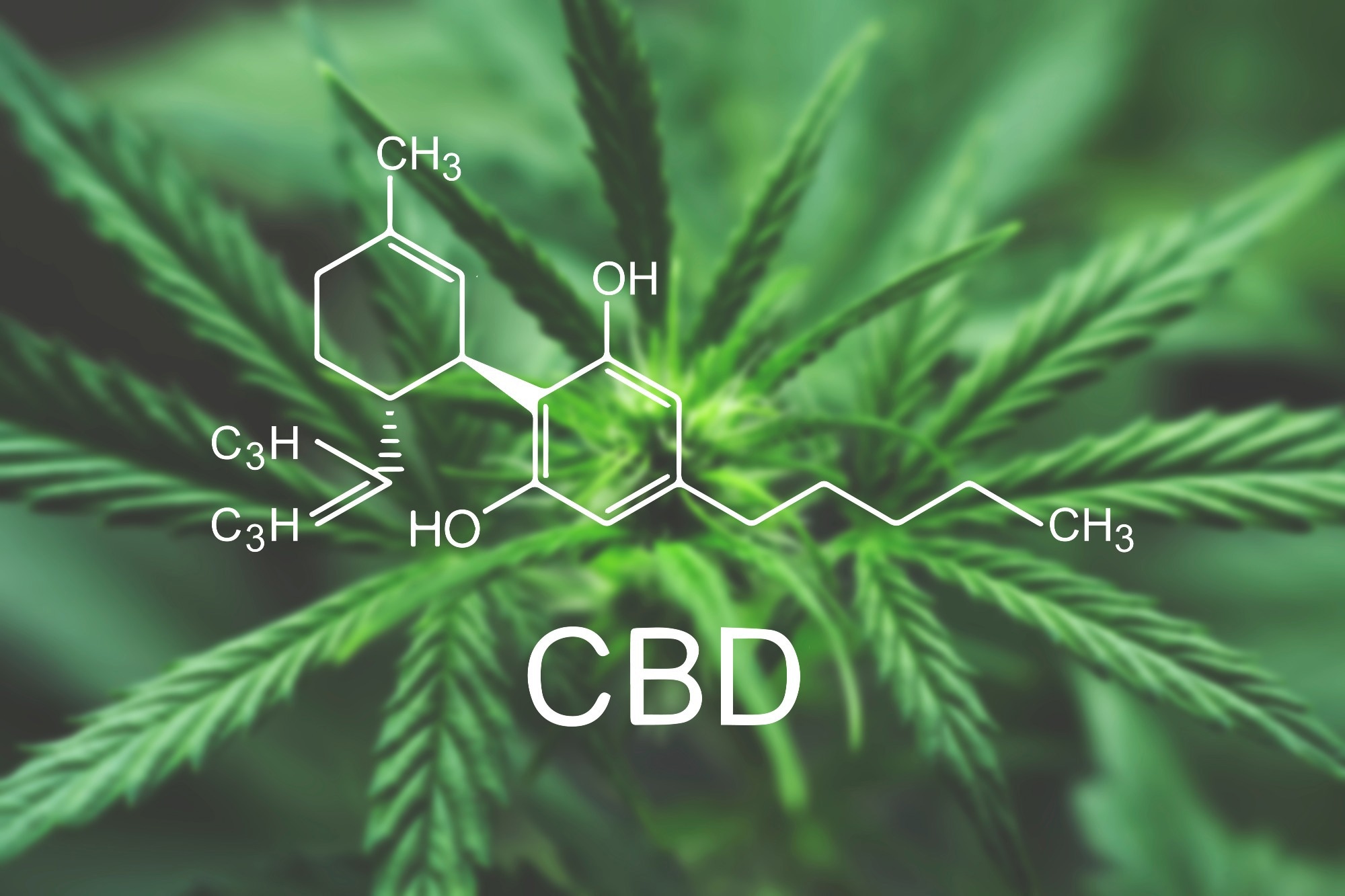In a recent study published in the Food and Chemical Toxicology Journal, researchers reviewed the implications of oral exposure to cannabidiol (CBD).
 Study: Review of the oral toxicity of cannabidiol (CBD). Image Credit: DmytroTyshchenko/Shutterstock.com
Study: Review of the oral toxicity of cannabidiol (CBD). Image Credit: DmytroTyshchenko/Shutterstock.com
Background
Recent studies suggest that CBD intake can lead to reproductive and developmental toxicity and hepatotoxicity in animal models. Several phylogenetically different animals have noted male reproductive toxicity due to CBD.
CBD is also known to elicit several cytochrome P450 enzymes and specific efflux transporters, which could lead to drug-drug interactions as well as a cellular collection of xenobiotics which are usually transferred out of the cell.
The toxicologic characteristics of CBD have raised safety concerns, particularly concerning long-term intake by the general population.
Toxicological profile of CBD
Developmental and reproductive toxicity
The team performed a 90-day oral toxicity assessment for CBD in Rhesus monkeys. Remarkable alterations were noted in organ weights in all CBD dose cohorts for both sexes; however, an obvious dose-response relationship was not noted for all organs.
Compared to controls, relative organ weights were almost 13% to 56% elevated for the liver and 16% to 22% higher for the kidneys. Furthermore, the highest dose cohort elevated relative heart weight by 16% to 22%.
Noticeably lower gonadal weight was noted in both sexes for all doses, for instance, in relative ovary weight and the size of the testes at day 90. A 30-day washout period resulted in the weight of almost all organs regaining normalcy, indicating that the alterations in relative organ weights were related to CBD treatment and partially reversible when usage was discontinued.
Yet, the liver weights were slightly high while the testes size was decreased by 20% to 25%. Additionally, the team noted no alterations in organ weights were related to any functional dysfunction, except for the testes.
Hepatotoxicity
Animal and human studies have observed the hepatotoxic impacts of orally administered CBD, like higher liver weights and increased liver enzymes.
In clinical trials involving the CBD-based drug Epidiolex, the team noted increased liver enzymes in 5% to 20% of CBD-treated epileptic patients, while some patients were withdrawn from the study for having increased liver aminotransferase enzymes that were over three times than that of the upper limit of normal.
Furthermore, most epileptic patients with increased liver enzymes were also recommended other anti-epileptic therapeutics, like valproate, which also harbors a likelihood of increasing liver aminotransferase levels.
Immunotoxicity
Studies have shown that CBD suppresses the immune function of splenocytes directly exposed to CBD or isolated from mice exposed to CBD.
This direct interaction led to the cells becoming apoptotic in a concentration-dependent trend 12 hours after exposure. Also, CBD caused apoptosis in EL-4 thymoma cells and normal murine thymocytes.
This occurred in a concentration- and time-dependent manner in the two cell types, with a 50% effective concentration (EC50).
This demonstrated that normal thymocytes displayed more sensitivity to CBD-induced dysfunction than thymoma cells in vitro. Also, an investigation showed that cellular damage was elicited by oxidative stress and reactive oxygen species stimulated by CBD treatment.
Mutagenicity and genotoxicity
Genotoxicity assays revealed that CBD is non-genotoxic and non-mutagenic. Furthermore, a placebo-controlled study in humans showed no remarkable differences in chromosome damage after administration of 1200 mg CBD/day to subjects for 20 consecutive days.
In mice subjects, intraperitoneal treatment with 10 mg/kg BW/day of CBD for five consecutive days elicited statistically remarkable elevations in the proportion of micronuclei in bone marrow erythrocytes compared to controls, with a remarked improvement during chromosomal abnormalities.
Furthermore, human-derived HepG2 and TR146 cells exposure to CBD led to breaks in single and double-stranded deoxyribonucleic acid (DNA).
Conclusion
The study findings showed the potential hazards related to the oral administration of CBD. The observed effects of CBD exposure include immune suppression, genotoxicity, mutagenicity, and drug transport proteins.
Current studies showed that multiple oral toxicity studies have noted safety concerns, which could lead to irreversible effects. The researchers support specific concerns about using CBD with other drugs or during pregnancy.

